As the saying goes: a cup of milk every day, healthy Chinese.
And China has its own way of eating milk, whether it is milk tofu from Inner Mongolia, salty milk tea from Northwest China, double skin milk from Guangdong, or roasted milk fan from Yunnan…
It has its own merits and tastes.
After all, a small cup can easily get rich protein, vitamins, calcium and other important nutrients, and the most important thing can be absorbed by the human body.
According to the recommendation of the “Dietary Guidelines for Chinese Residents”, Drinking 300 grams of milk per day is the basic standard, about 1-2 cups per day.
However, although milk is good, it can’t stop the rumors of some troublemakers, so some people who want to drink milk are afraid to drink it.
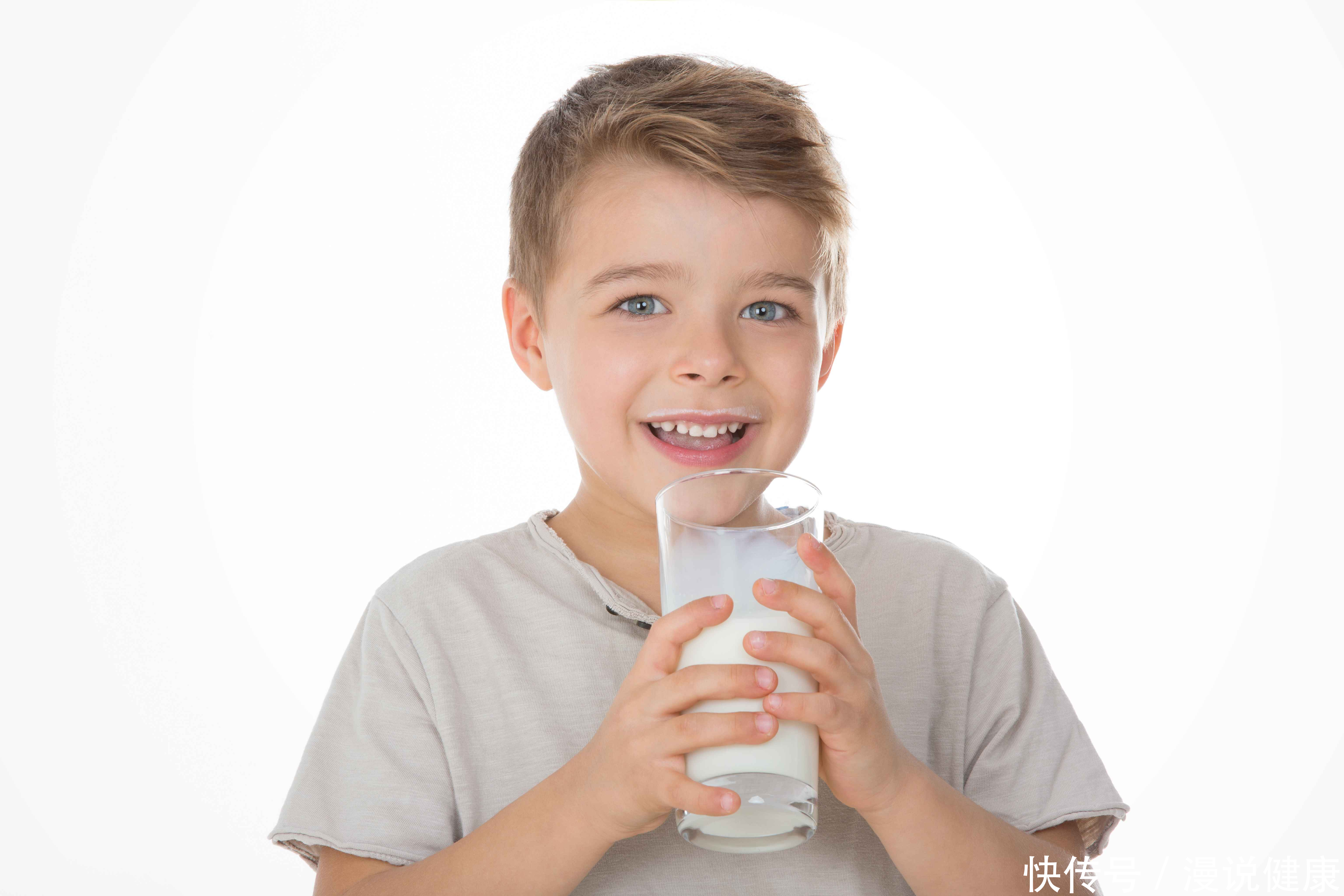
Does milk cause “precocious puberty”?
There is no scientific basis for the claim that milk causes precocious puberty.
Although milk and other dairy products do contain some endogenous hormones, the content is very low, and it has not been found to affect endocrine, reproductive and reproductive functions. There was no link between milk and precocious puberty.
Precocious puberty is generally related to obesity caused by excess nutrition. For example, some children often eat high-calorie foods, or often eat supplements and health products such as bird’s nest, or eat too much meat and sugar. Drinks can cause precocious puberty.
Therefore, what parents need to do is to mix nutrition reasonably and give their children less unhealthy food, which can reduce the occurrence of precocious puberty.
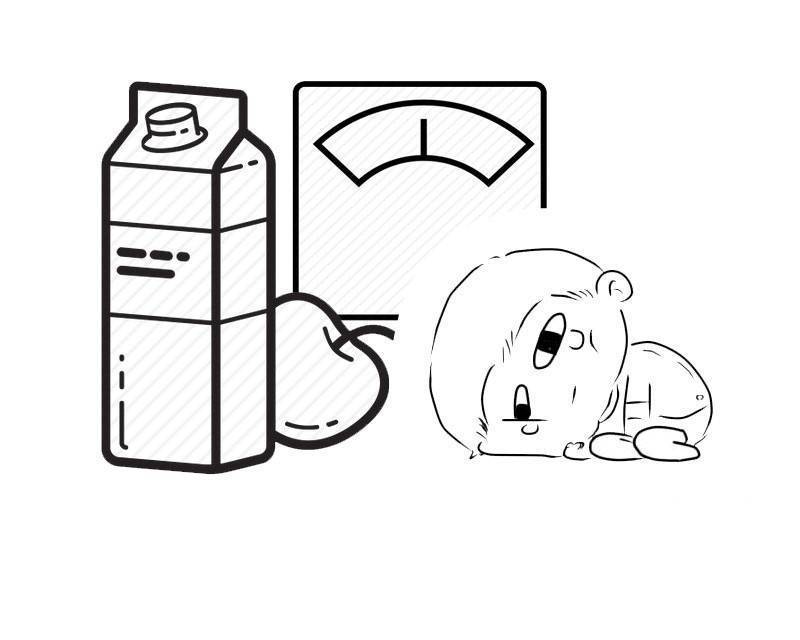
Does milk cause “cancer”?
There has been a rumor that milk is carcinogenic. It is believed that IF1 in milk can stimulate the growth and reproduction of cancer cells and induce breast cancer and prostate cancer.
IF1 is a protein polypeptide, which plays an important role in human growth and development, blood sugar control, etc. The human body itself contains IF1, and the serum IF1 content of people who drink milk every day is higher than that of human body. Slightly higher than ordinary people, but there is currently no evidence that IF1 can cause cancer. In the case of normal drinking, there is no need to worry that it will cause harm to health.
It can be seen that the claim that milk causes “premature puberty” and “cancer” is not reliable. Milk is rich in nutrients and can supplement a variety of nutrients for the human body. Correct drinking is good for the body.
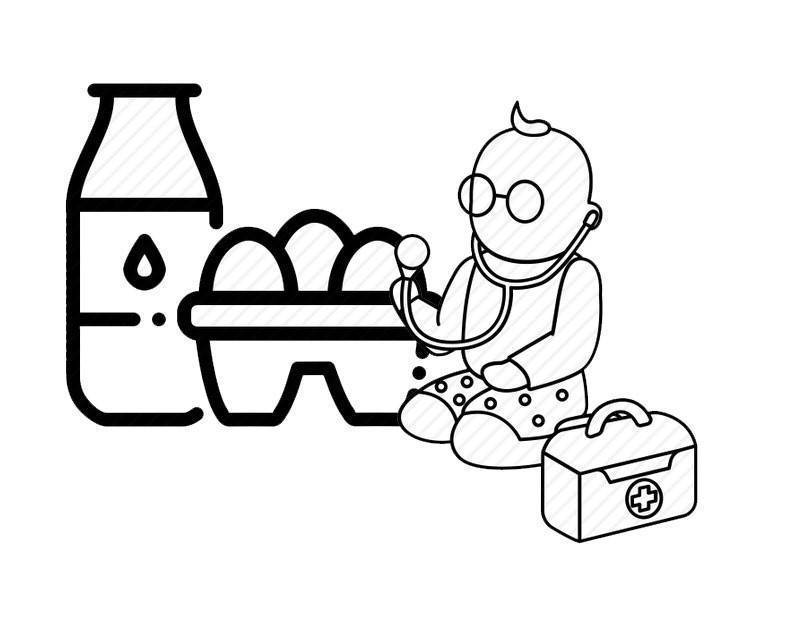
People with stomach ulcers can’t drink milk?
Drinking milk is said to cause a lot of stomach acid, which can worsen ulcers.
But in fact, whether this can be drunk depends on the situation. People with peptic ulcers are prone to stomach pain. In theory, milk can neutralize stomach acid. Drinking a little milk can relieve pain.
But the problem is that when people digest the calcium and protein in milk, stomach acid will also be secreted at the same time, so the abdominal pain will be aggravated.
Therefore, it is not recommended to drink milk when the ulcer is not yet healed. If you really want to drink it, drink less.
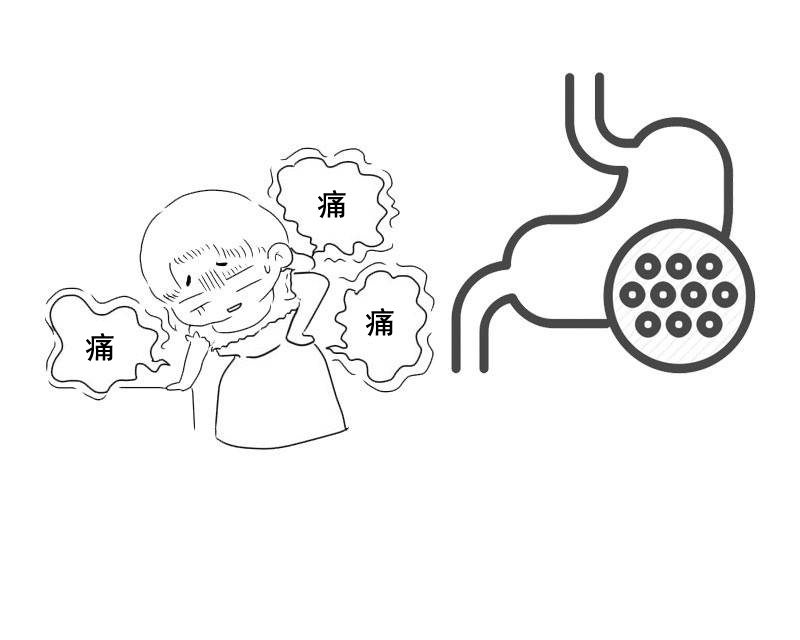
To maximize the absorption of milk nutrients, the following mistakes should be avoided Drinking method:
1. Boil the milk and drink it
Many people like to drink hot milk, and they often boil the milk Drinking, this practice will cause the protein to turn into a gel state and reduce its nutritional value. People who like to drink hot drinks can heat the milk to a warm state without boiling it.
2. Excessive drinking
Some people like to drink milk, they drink several large bags every day, and even drink it as water. Excessive intake of animal protein contained in milk can increase the loss of calcium. In addition, drinking a lot of milk will increase the burden on the kidneys and cause obesity.
It is recommended that the amount of milk you drink per day should be controlled at 200~300ml. Excessive consumption will outweigh the gains.
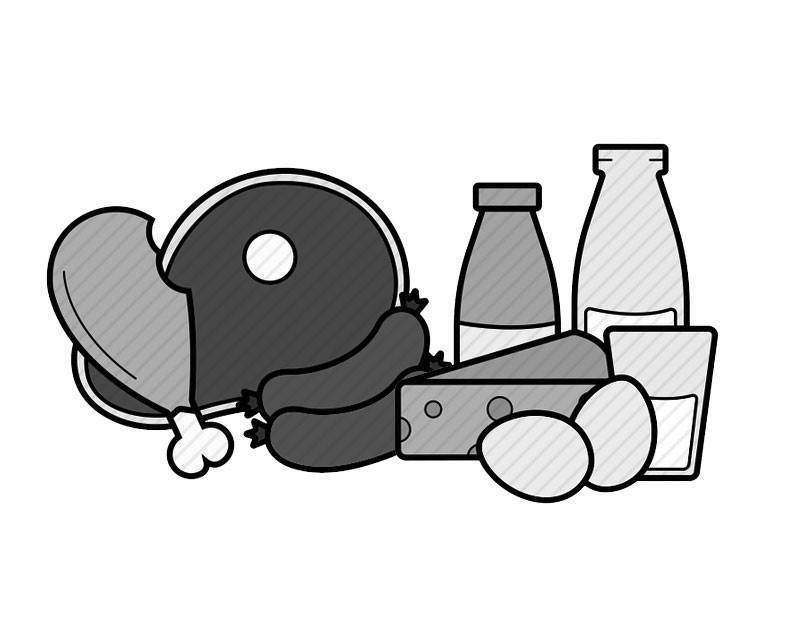
3. Deliver medicine with milk
Milk contains calcium, magnesium, phosphorus and other minerals. These substances may chemically react with some components in the medicine, forming a covering film on the surface of the medicine, affecting the effect of the medicine, and even May be hazardous to health.
Therefore, it is recommended to use boiled water to deliver the medicine, and avoid drinking milk within 1 to 2 hours after taking the medicine.
4. Don’t drink raw milk
Some people think that freshly squeezed milk can retain the nutritional value to the greatest extent, and the effect will be better.
But the problem is that unprocessed raw milk can contain nearly 100 kinds of pathogenic bacteria, including Escherichia coli, Vibriobacterium, Brucella, etc. , people will experience vomiting, diarrhea, abdominal pain, fever and other symptoms after infection, and may even lead to death in severe cases.
At the same time, these unpasteurized raw milk may carry some zoonotic infectious diseases in addition to placing bacteria.
But then again, the taste and taste of raw milk is not very good, especially the fishy smell, which is enough to dissuade many people.
